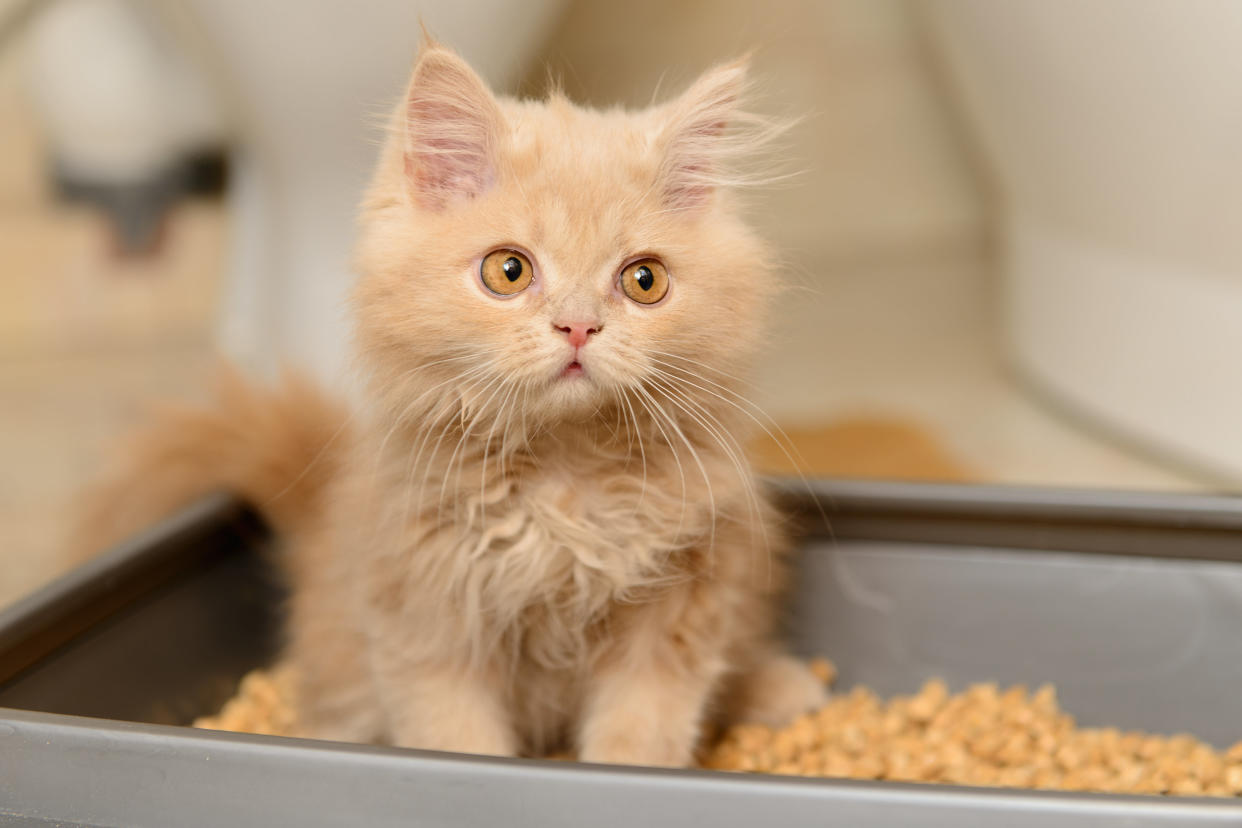Cat poo ‘could turn you into an entrepreneur’

Don’t tell any Silicon Valley tech bros – but a mind-altering parasite found in cat poo seems to give humans an ‘edge’ which could turn anyone into an entrepreneur.
The parasite, toxoplasma gondii, invades human brains and seems to reduce people’s ‘fear of failure’, the study found.
The new study, published in the journal Proceedings of the Royal Society B, found that people who are ‘T gondii positive’ are much more likely to form their own companies.
Toxoplasmosis Gondii infects billions of people (about a third of the world’s population) and is often transmitted from pet cats – spread through contact with faeces.
MOST POPULAR STORIES ON YAHOO UK TODAY
Landmark ‘no fault’ divorce ruling as ‘unhappy’ woman must stay married to husband of 40 years
Well I never! Plymouth couple find 17ft-deep hold under their living room
Police officer acted like a ‘bully in uniform’ after sawing through car windscreen
Sajid Javid faces legal action over death penalty for British IS fighters
Three children aged EIGHT prosecuted for speeding in last 18 months, figures show
Analysis of saliva of 1,300 students found that those with the parasite were 1.4 times more likely to be doing a business-related subject – and 1.7 times more likely to be focusing on ‘management and entrepreneurship’.
Analysis of databases from 42 countries found that places with high levels of T. gondii infection were a ‘consistent, positive predictor of entrepreneurial activity’.
The parasite is found in the brain, as well as the muscles, and mouse and rat studies have shown that infection triggers changes in personality.
In rats, the parasite alters their behaviour so they become sexually attracted to the smell of cat urine – so they transmit the parasite to other cats (often dying in the process).
The University of Colorado researchers wrote, ‘Populations with higher T. gondii infection had greater intentions to start a business and higher levels of active entrepreneurship behaviours.
‘Countries with higher T. gondii prevalence generally had a lower fraction of respondents who cited ‘fear of failure’ as a factor preventing them from initiating a business-related enterprise.’

 Yahoo News
Yahoo News 

